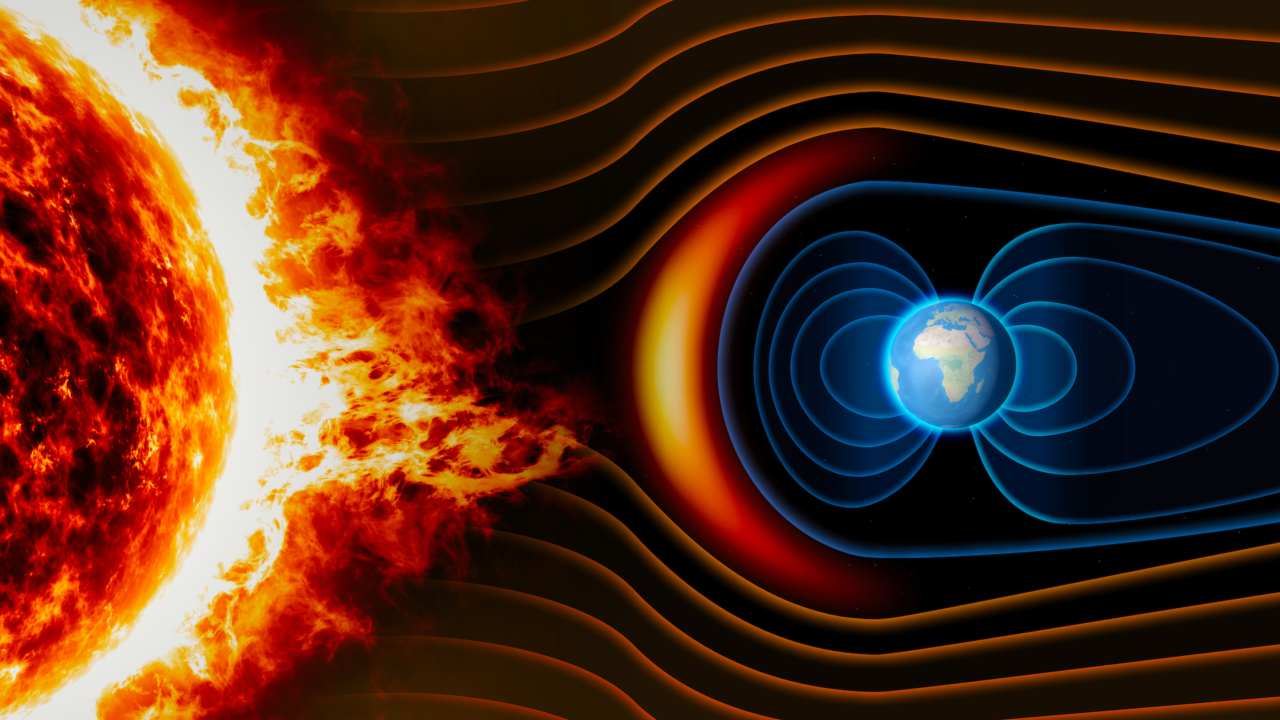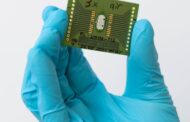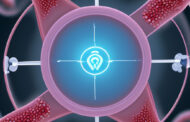It has been estimated that in the European Union, about ten percent of the electricity used in homes and offices goes to power computers and other electronic devices that are in standby mode.
By 2020, that amount could constitute 49 terawatt hours per year, which is almost equivalent to the combined annual electrical consumption of Austria, the Czech Republic and Portugal. The European Union’s just-announced Steeper research initiative squarely addresses such concerns. Its aim is to develop electronics that draw less than half a volt when in standby, and that are up to ten times more energy-efficient when active.
Coordinated by Switzerland’s Ecole Polytechnique Fédérale de Lausanne(EPFL) and funded by the EU, Steeper is made up of a consortium of European corporate research organizations, large research institutes and universities. Member scientists will be collaborating on research into the use of semiconducting nanowires for boosting the performance of tunnel field effect transistors (TFETs), for the creation of steep slope transistors.
EPFL likens the metal-oxide semiconductor field effect transistors in today’s electronics to a leaky tap – even when turned off, water still gets through. The purpose of steep slopes is to close that tap more tightly, so much less water (or energy) is able to escape. It is also hoped that when turned on, the new transistors will allow energy to flow more freely and directly, so that less voltage will be required for the same amount of performance.
The Latest Streaming News: energy efficient devices updated minute-by-minute








